Africa — The Islamic Republic of Mauritania
Situated on the western coast of Africa just above Senegal
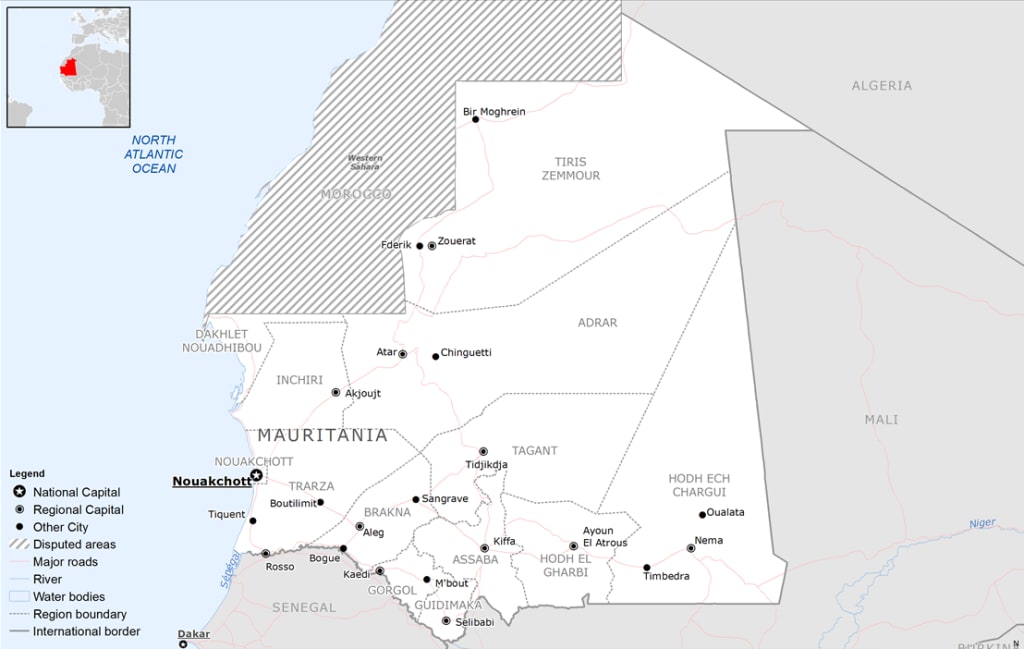
Here is a small overview of the country, with links leading you to more information about the North-western African nation.
The President of Mauritania is Mohamed Ould Ghazouani. He was born on 4 December 1956, he’s a retired Army general. He was also the former Director of National Security & Chief of Staff for the Armed forces of Mauritania. He is a close friend with the former president of the country Mohamed Ould Abdel Aziz.
The election that yielded the win of Ghazouani in 2019 was considered one of the most peaceful in the countries history, as he became the 9th president to lead the nation.
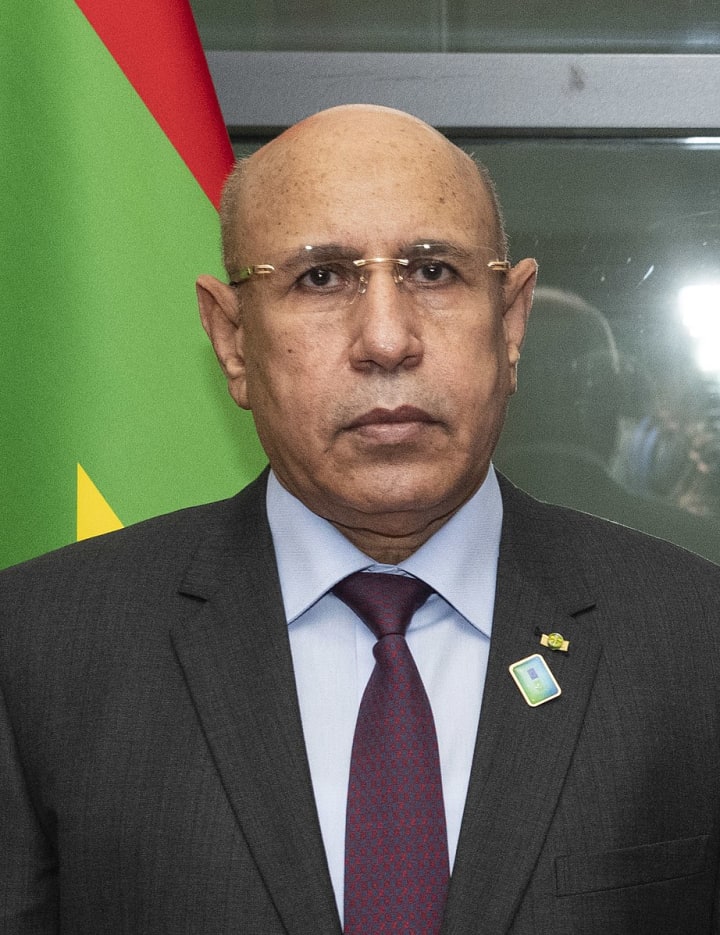
He comes from a family of traditional “sufi” believing & practicing people, which is a sect of Islam. His wife is a doctor and together they have five children.
Much of his political goals are how to bring more wealth and opportunities to the citizens of his country. He believes in empowering women, securing and making safe the capital city, as well a dedication to climate change. He hasn’t been linked to any terrible corruption schemes or genocide, his time in office so far is about building for the betterment of his country.
The population of The Islamic Republic of Mauritania is around 4.9 to 5 million people. The official language is Arabic, along with National languages of Fula, Wolof (language which is spoken in Senegal, Niger-Congo) and Soninke. (also spoken in Senegal) There is a large ethnic group of Moors and Haratin (often called “Black Moors”) The majority of the country practice Sunni Islam as their religion.
Roughly one-third of the population is made up of mainly four other ethnic groups: Tukulor, who live in the Sénégal River valley; Fulani, who are dispersed throughout the south; Soninke, who inhabit the extreme south; and Wolof, who live in the vicinity of Rosso in coastal southwestern Mauritania.
Source: Encyclopedia Bratanica
One of Africa’s newest oil producers, the Islamic Republic of Mauritania bridges the Arab Maghreb and western sub-Saharan Africa.
The largely-desert country presents a cultural contrast, with an Arab-Berber population to the north and black Africans to the south. Many of its people are nomads.
In the Middle Ages Mauritania was the cradle of the Almoravid movement, which spread Islam throughout the region and for a while controlled the Islamic part of Spain.
European traders began to show interest in Mauritania in the 15th century. France gained control of the coastal region in 1817, and in 1904 a formal French protectorate was extended over the territory.
Mauritania is rich in mineral resources, especially iron and ore. It is seen by the West as a valuable ally in the fight against Islamist militancy in the Sahel region.
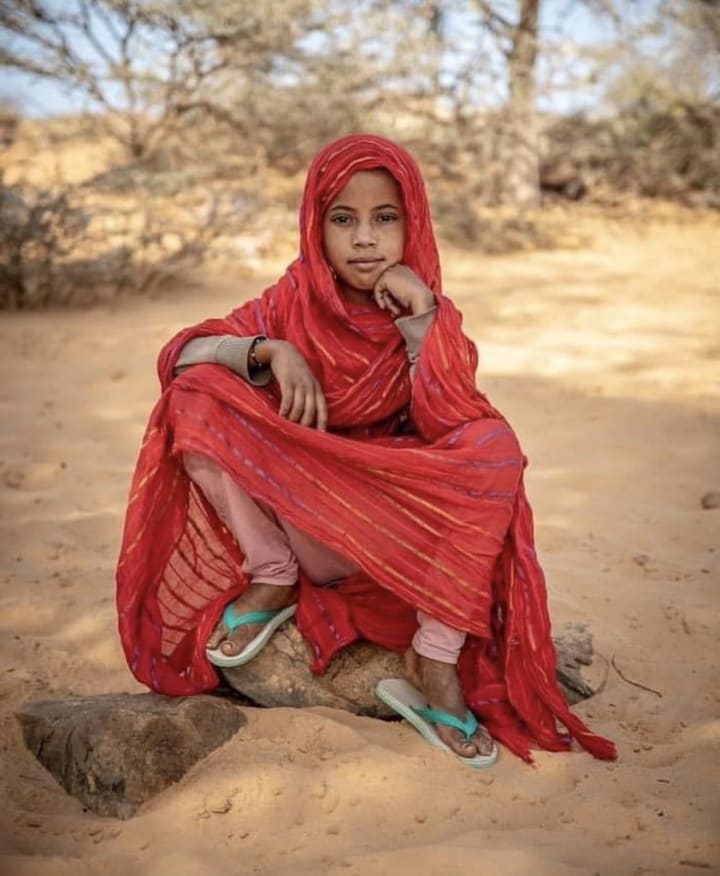
A Mauritanian nomad girl 🇲🇷 [#HumansOfMauritania] Photo : @ivanfaurephotos #VisitMauritania #Nomads #Mauritanie #Mauritania
Arabs are numbered in the millions all over the African continent, they are also Africans as they’ve lived, were raised and born on the continent for hundreds of years. Swahili | Kiswahili is infused with words from the Arabic language and spoken by more than 200 million Africans.
There are many that call Swahili the language of the colonizers and consider Arabs colonizers.
Sadly there are many Black skinned Africans that are very colorist and even might I label them as racists. In their media, their everyday lives and speech. There is extreme xenophobia on the African continent which as driven many Blacks from around the world who immigrated to African countries to leave them.
With the vast amount of issues facing each and every African nation so far not one has tried to control incidents of xenophobia, racism, colorism or hatred for the many shades of Africans on the continent.
Nor those many shades coming into the country, some countries like Ghana even publicly provoke their citizens to be more xenophobic by labeling foreigners as possible terrorists, especially Muslim practicing individuals.
©️TB Obwoge 2023 All Rights Reserved
About the Creator
IwriteMywrongs
I'm the president of a nonprofit. I've lived in 3 countries, I love to travel, take photos and help children and women around the world! One day I pray an end to Child Marriages, Rape and a start to equal Education for ALL children 🙏🏽


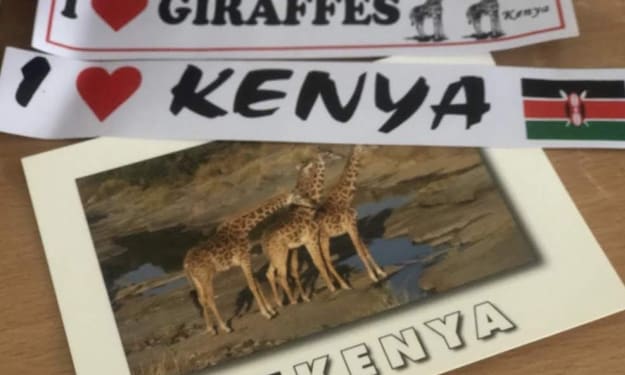

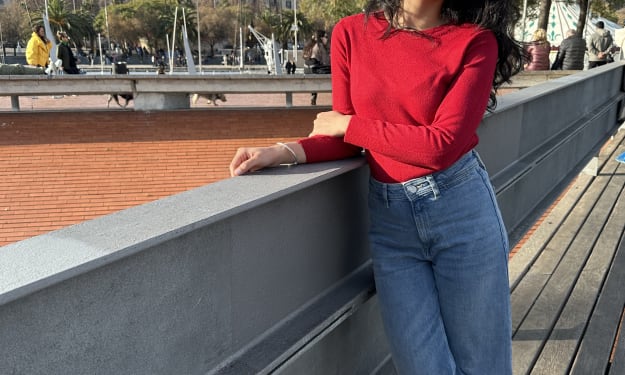

Comments
There are no comments for this story
Be the first to respond and start the conversation.